To succeed with our goal to produce recommendations that are relevant and useful, and specify software requirements that can be applied to future designs of connected mental health, we need to closely collaborate with important stakeholders throughout the ConnectMe project. We are therefore establishing a project advisory group (PAG), consisting of representatives from different stakeholder groups. Recruitment to the PAG is ongoing, and we will continue to update the list of participants (in alphabetical order) as we obtain their commitment.
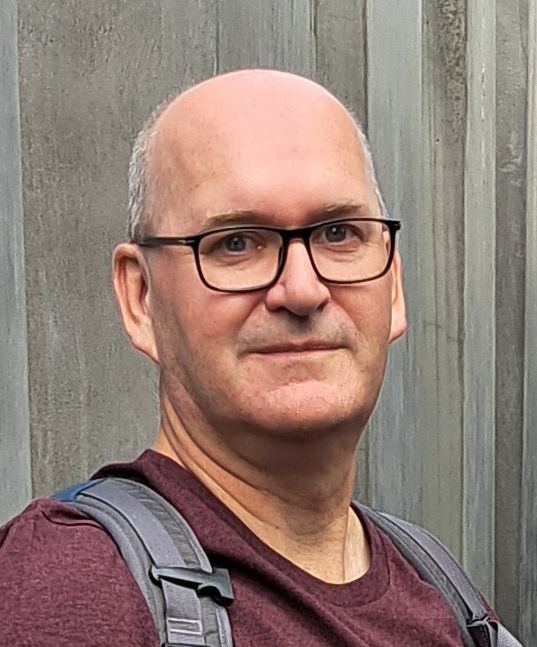
Daniel Amyot is a Professor at the School of Electrical Engineering and Computer Science of the University of Ottawa, and a member of the LIFE Research Institute and of the Institut du Savoir Montfort. At uOttawa, he is Director of the online and multidisciplinary Master’s program in Digital Transformation and Innovation. His research interests include requirements engineering, process mining, goal and process modeling, regulatory compliance, smart contracts, and healthcare informatics. Daniel led the standardization of the User Requirements Notation at the International Telecommunication Union from 2002 to 2013, as well as the development of the jUCMNav modelling tool. He is a Professional Engineer in Québec, an Information Systems Professional in Canada, and a Senior Member of IEEE.

Dr Katie Crowley is an Associate Professor in the Department of Computer Science and Information Systems at the University of Limerick, Funded Investigator (FI) and researcher with Lero, the SFI Research Centre for Software and FI with R@ISE, an SFI Strategic Partnership Programme. She is a visiting fellow with the Centre for Innovative Human Systems in Trinity College Dublin. She is a member of the University of Limerick’s Health Research Institute where she leads the Underpinning Areas of Excellence – Digital Technology and Advanced Data Analytics. She is Course Director for the MSc in Health Informatics at UL. She leads a number of research projects in Digital and Connected Health, including industry funded collaborations and is a core member of eHealth Hub for Cancer, an All-Ireland digital cancer research programme funded by the Higher Education Authority.

Asbjørn J. Fagerlund, PhD, is a senior researcher at the Norwegian Center for E-Health Research. His work spans experimental, clinical, and implementation research, with a focus on technological innovations in healthcare. He is particularly interested in how these innovations are adopted and utilized by healthcare professionals and service users. As a practicing clinical psychologist, Fagerlund has a strong focus on mental health, with a keen interest in patient-empowering technologies. He closely follows advancements that promote greater transparency and accessibility in health information, aligning with the growing trend toward open and user-centered healthcare solutions.

Stefan Hochwarter, PhD, is a senior scientist at the research group Digital Healthcare Solutions, Joanneum Research HEALTH, located in Graz, Austria. In his current work, he investigates the digitalization of health care processes and digital health prevention. He has extensive experience in the area of digital health and health informatics, and has a keen interest in addressing sociotechnical challenges from a system- and user-perspective. Relevant experience for the project ConnectMe includes research on telehealth and mental health home treatment, public health informatics, co-design, and patient-accessible electronic health records in mental health (open notes).

Constanze Leineweber is an Associate Professor in Psychology at Stockholm University and data manager of the Swedish Longitudinal Occupational Survey of Health (SLOSH), a unique longitudinal panel survey that facilitates analyses of the connections between labour market participation, the work environment, retirement and health with repeated data collections since 2006. In her research Constanze focuses on working life, health and well-being and she has led and leads research projects on work-life balance, control over working hours, organisational justice and illegitimate work tasks. She also has conducted research on, among other things, the importance of the work environment for sickness pension, sickness absence and turnover among healthcare professionals, sickness attendance, self-employed work environment and precarious employment. Constanze teaches at both undergraduate and advanced level in work and organisational psychology.
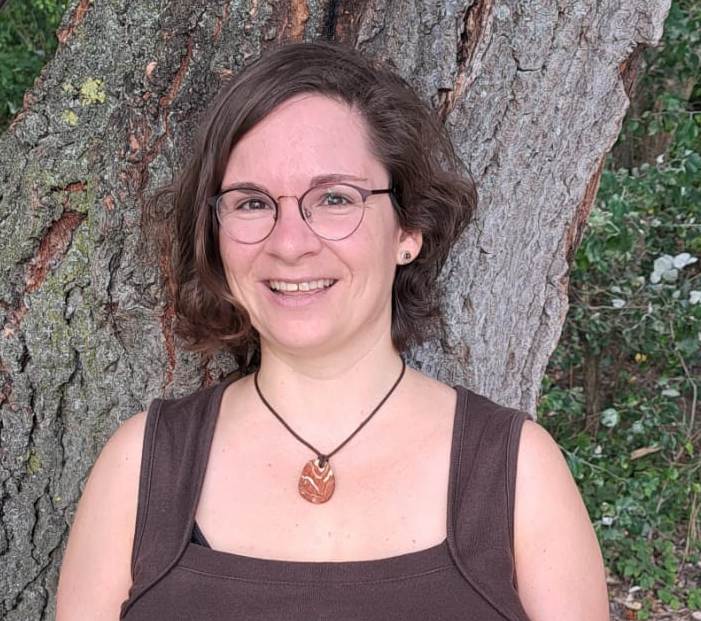
Katja Marzahn is a lived experience expert and author from Strausberg, near Berlin, Germany. She has a Bachelor in Cultural Studies from Viadrina University, Frankfurt (Oder) and lives a creative and spiritual life, interested in and experimenting with many art forms. Ever since she loved to participate in co-creative and intercultural projects, also (co-)producing events and exhibitions. Katja writes and talks about her own experiences dealing with bipolar disorder also pointing out its deeper meaning as a guide and corrective in life and individual development.
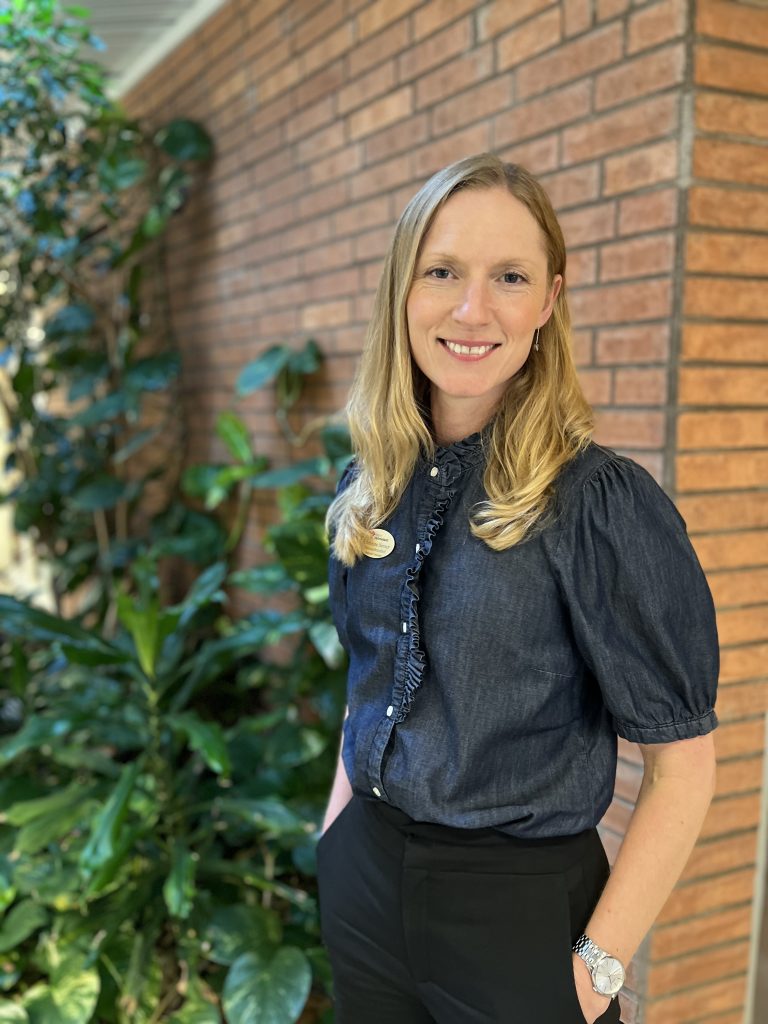
Christine Senter serves as the Operations Manager for Adult Psychiatry in Region Västmanland, where she leads with dedication and collaboration. Working closely with operational leaders, employees, and individuals in need of psychiatric care, Christine is committed to fostering a supportive and effective care environment. With a leadership style grounded in determination, persistence, and enthusiasm, she strives to inspire development, drive improvements, and cultivate a positive climate of cooperation. Her efforts aim to ensure high-quality care and meaningful collaboration across all levels of the organization.
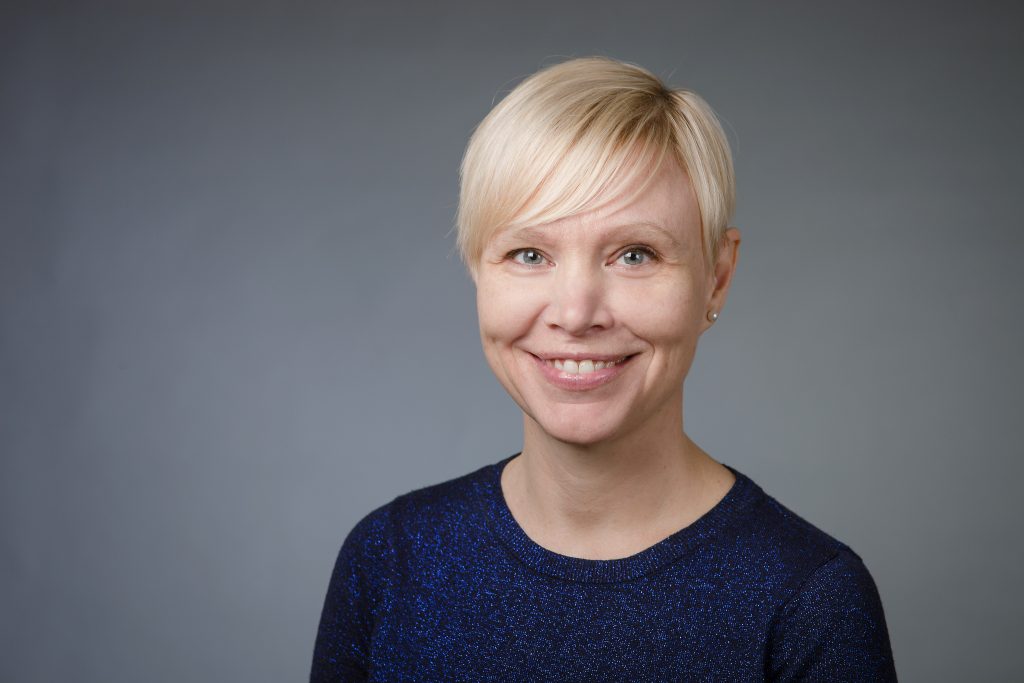
Susanne Tafvelin is a licensed psychologist and associate professor at the Department of Psychology, Umeå University, where she leads the CoLeadR research group. Her research centers on leadership and workplace dynamics, exploring topics such as the impact of automation on employees’ work environments and the implications of flexible working arrangements, including hybrid- and remote work, for both managers and employees.
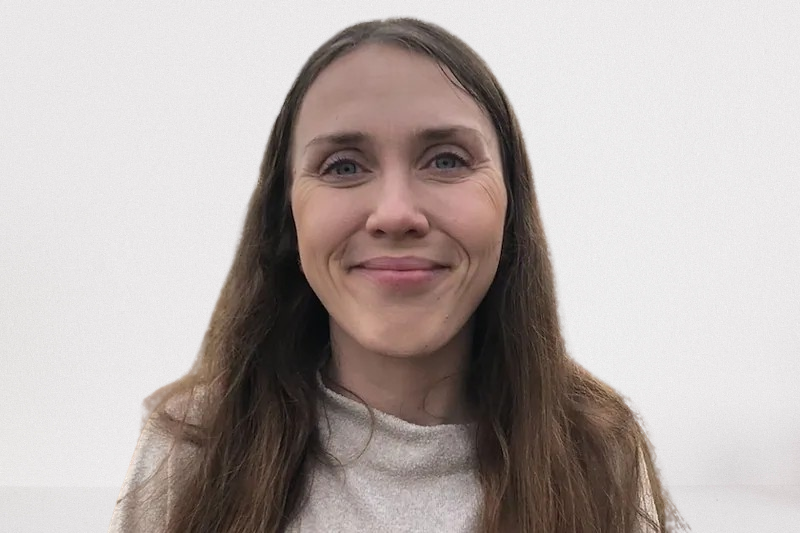
Felicia Westin is the Chief Psychologist at Din Psykolog, where she leads with expertise and a vision for innovation in digital mental health care. Collaborating closely with therapists, team leads, and the product team, Felicia is committed to advancing accessible, evidence-based psychological treatment through cutting-edge technology. With a leadership approach grounded in empathy, strategic thinking, and a passion for continuous improvement, Felicia strives to care for the psychologists just as they care for others and thus enhance clinical outcomes. The goal is to ensure high-quality, patient-centered care while driving the development of effective and scalable mental health solutions.

Colin Gorman is a Clinical Psychologist with over 25 years’ experience within the statutory, private and V&C mental health sectors. As a clinician he has also worked within the prison service and provided psychological assessment and interventions for social services and the courts. For a number of years, he has held positions as a steering group member in organisations supporting individuals impacted by the Northern Ireland Troubles. Dr Gorman has been a lecturer in Clinical Psychology at Ulster University for over ten years, he has a wide-ranging interest in areas of trauma, forensic mental health and staff wellbeing. He is the founder and CEO of Pneuma Healthcare a provider of digitally supported mental health services across the UK and Ireland. Pneuma are committed to drawing on digital innovation to make human centred, evidence based treatments more accessible to those in need. Colin is co-chair of the International Digital Mental Health and Wellbeing Conference 2025.
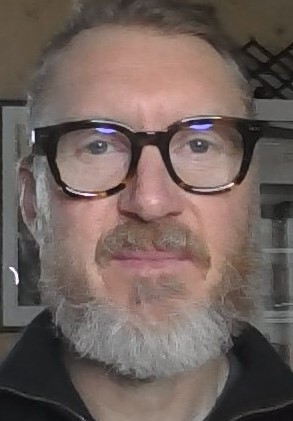
Martin Wohlin has a MD from Karolinska Institutet and a PhD from Uppsala University and work as the medical editorial lead at Inera AB, Sweden´s premier independent medical digital information provider. MW started out within the fields of communication and language at Lund University. He has 20+ years experience of clinical work, research, education and communicating with the people, students, patients, relatives, societies, academies and health care providers within these domains. With The distinguished teacher award at Uppsala University in 2017, he was awarded for driving change using educational research and innovation. His clinical fields of expertise are Internal and Emergency Medicine and his academic fields of expertise are Epidemiology and Education. He considers himself to be modest and quiet which might not be true.
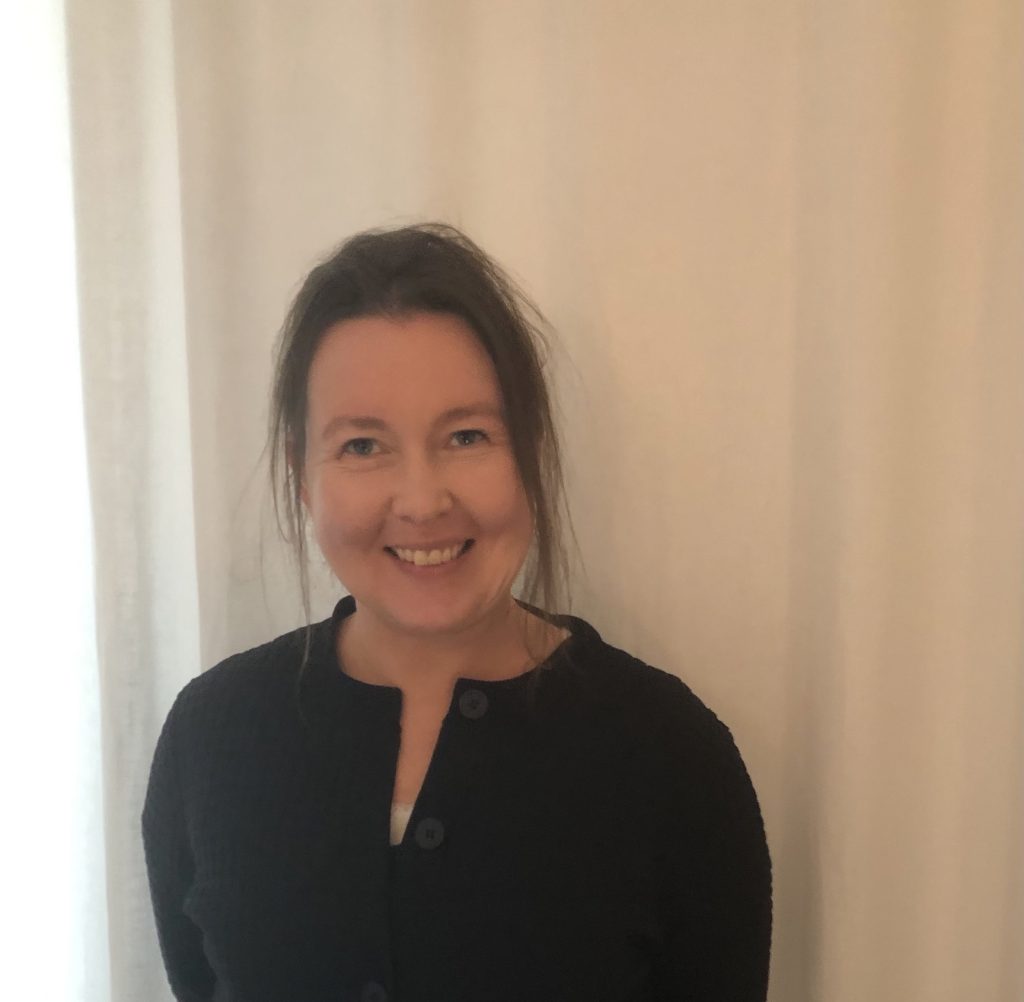
Petra Lindfors, PhD, is a Professor in Psychology, in particular Work and Organizational Psychology, at Stockholm University, Department of Psychology. Overall, Petra’s research investigates how factors at different levels (micro, meso, and macro) link to stress, health, and well-being of adults and adolescents in their everyday life settings, including work/organizational, education, and home contexts. In addition to psychobiological mechanisms, the research includes promotion and interventions as well as evaluation. Currently, Petra is deputy head of the Division of Work and Organizational Psychology, and associate editor of Nordic Journal of Working Life Studies. Previously, Petra has chaired the Stockholm University Psychology Clinic, been a board member of the Swedish Society of Behavioral Medicine, been on the executive committee of the International Society of Behavioral Medicine, and in the Stockholm Stress Center steering committee. Petra teaches on basic, advanced and research levels, on topics relating broadly to work, stress, and health and is, as one of the course leaders of master theses on the clinical psychology program, involved in teaching critical thinking, scientific writing, and research ethics.
